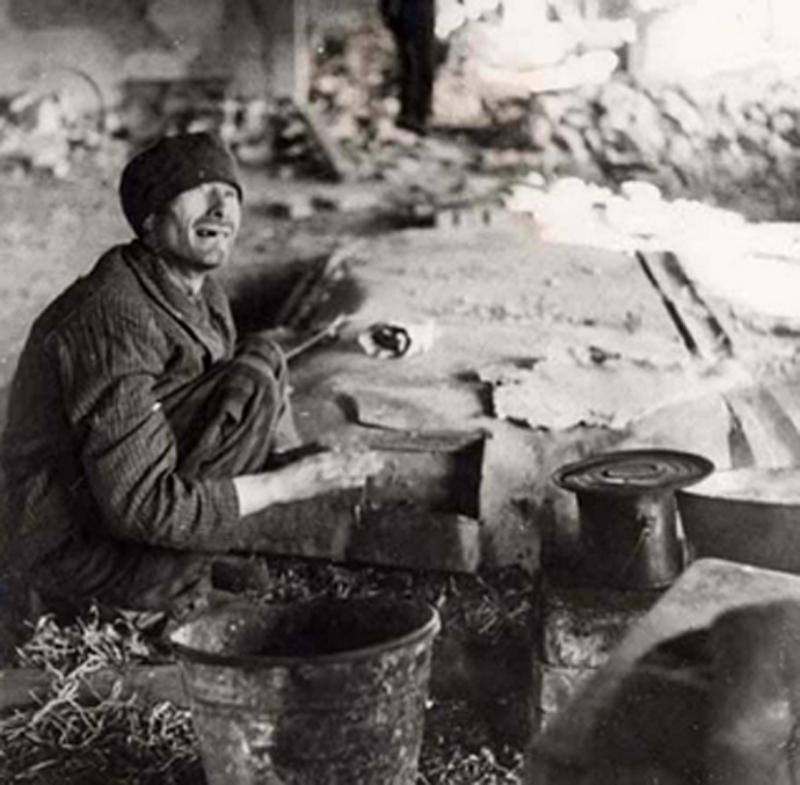From the Testimony of Miriam Akavia:
“I thought I should be happy. I felt the tears, but I knew I should be happy. I started crying all the time, thinking, ‘What have I got left?’ “
(Yad Vashem Archives O.3 V.T/4543)
From the Testimony of Yitzhak (Antek) Zuckerman:
“That day, 17 January, was the saddest day of my life. I wanted to cry, not from joy but from grief. [..] How could we be happy? I was completely broken! You'd kept yourself going all the terrible and bitter years, and now... we were overcome by weakness. Now we could suddenly allow ourselves to be weak [..] Ultimately there is an end to war. We had lived all that time with a certain sense of mission, but now? It was over! What for? What for? [..] I had never cried; they had never seen me depressed, not once; I had to live strongly, but on 17 January… it’s not easy to be the last of the Mohicans.”
(Testimony of Yitzchak Zuckerman (Antek), recorded at the Council of the United Kibbutz Movement on 9-10 May 1947. Published in: Zuckerman, Yitzchak, The Exodus from Poland, Ghetto Fighters’ House, United Kibbutz Movement Press, pp. 13-16 (Hebrew).)
In the photograph, we see a survivor sitting in the rubble of the camp after liberation. Next to him is a pot for food and a bucket. He is crying bitterly. Miriam and Antek describe the day of liberation, surprisingly, as a very sad day. Antek even says, “That day [..] was the saddest day of my life”.
Why do you think Antek would use such a powerful expression to describe the day of liberation?







